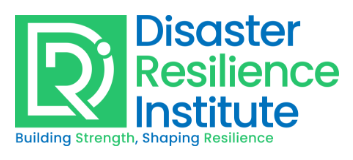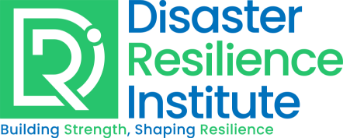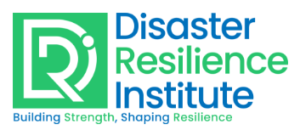These training classes offered by DRI highlight different aspects of resilience, including organizational resilience, infrastructure resilience, community resilience, leadership resilience, and resilience for vulnerable populations. By addressing these diverse dimensions of resilience, DRI aims to equip individuals, organizations, and communities with the knowledge and skills to effectively prepare for, respond to, and recover from disasters while fostering long-term resilience.
All classes offered by the Disaster Resilience Institute are free of charge and accessible via Zoom. This allows individuals from various locations to participate and benefit from the training programs. The institute believes in providing accessible education and resources to empower individuals, communities, and organizations in building disaster resilience and responding effectively to crises. Please note that while the classes are free and conducted through Zoom, it’s advisable to verify the specific details and registration process by visiting the official website of the Disaster Resilience Institute or contacting them directly for the most accurate and up-to-date information on their class format and availability.






